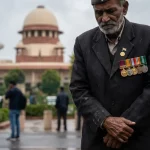Left-Wing Extremism is one of the most damaging national security threats to the country, cautioned former Prime Minister Manmohan Singh at a security summit. Recently this month Intelligence agencies warned the State police forces and Central Armed Police Forces about a surge in radical left-wing attacks, in Naxalite infested areas.
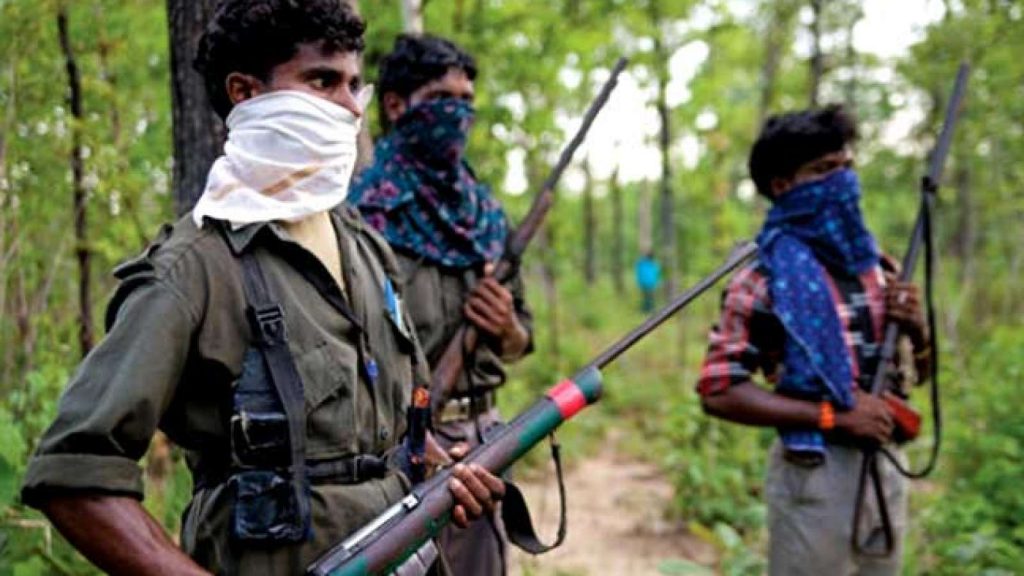
What is Left Wing Extremism?
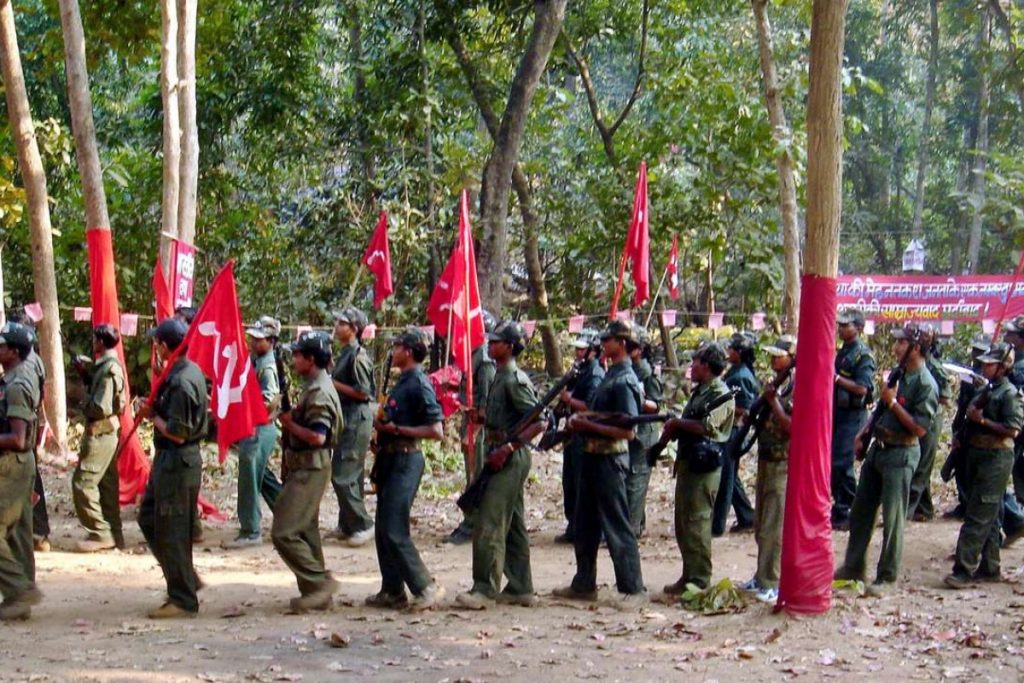
Left-Wing Extremism, commonly referred to as Naxalism or Maoism, is a persisting security challenge. The roots of this brand of insurgent violence derive its origins from the violent uprisings in the village of Naxalbari, situated in the Darjeeling district of West Bengal. The violent movement started in 1967 under the direct leadership of Charu Majumdar and Kannu Sanyal (both communist leaders, affiliated to the banned Communist Party of India-Maoist). The violent uprising was aimed at empowering the peasant class and tribals, as a means to rise above perceived oppression from the landlords. The 72-day uprising during which one police sub-inspector and nine tribal protestors were killed, ignited the flames of what is now India’s most daunting security challenge.
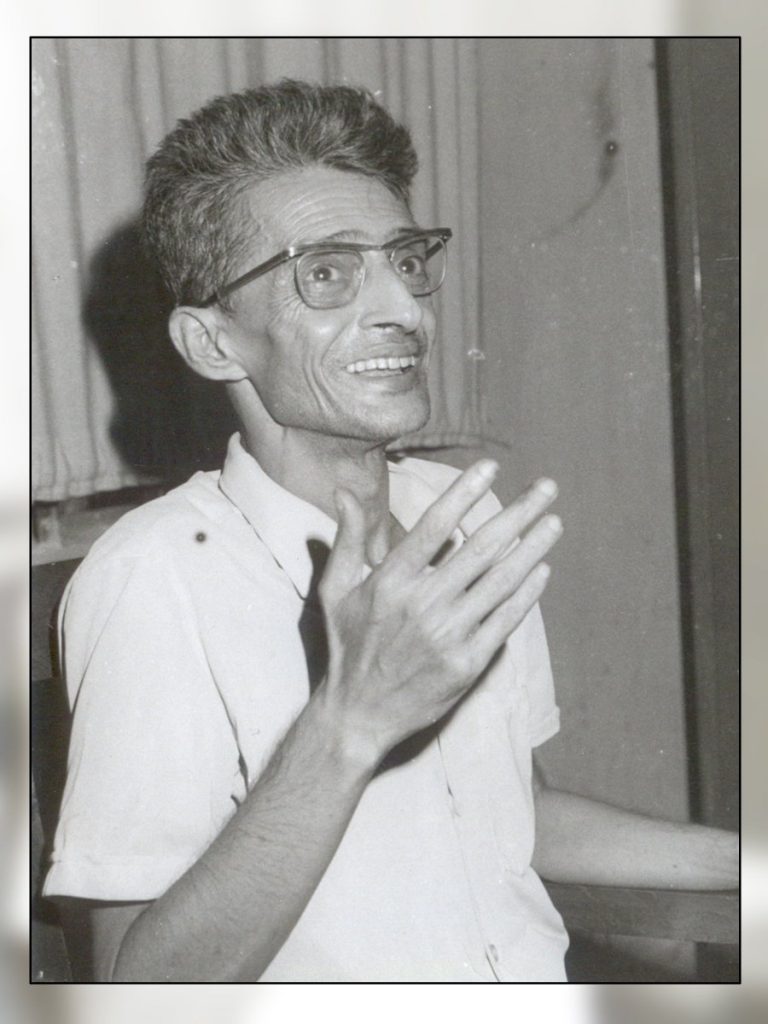
The Naxal Ideology
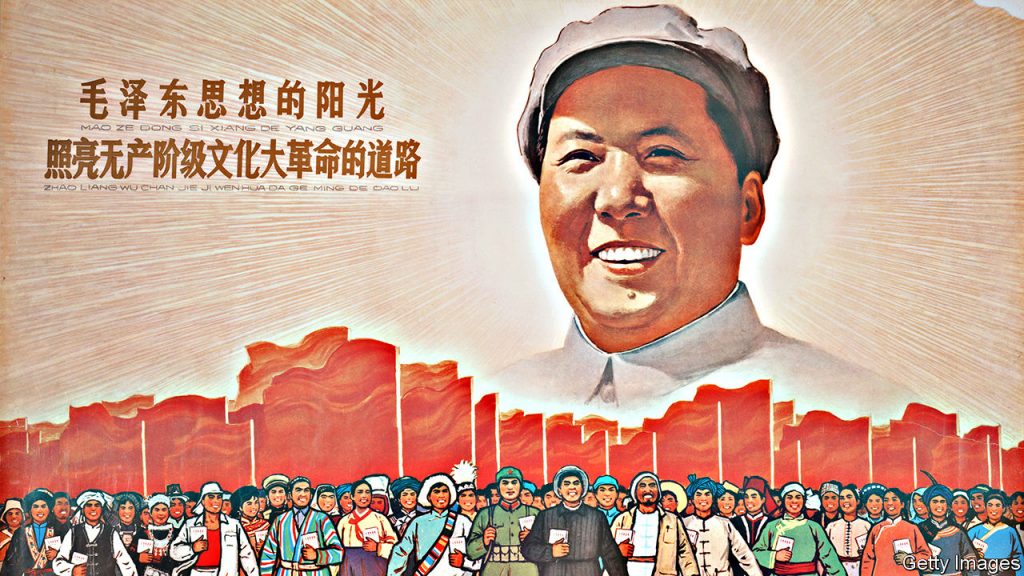
Revolution can only be achieved through the barrel of a loaded gun!
Chinese Dictator -Mao Zedong-The Maoists follow staunch communist philosophy, especially the variant proposed by the Chinese genocidal dictator Mao Zedong (deriving the term Maoism from his name). Their objective is to wage an armed revolution to overthrow the established order, modelled on the lines of Mao’s Chinese revolution. The Naxals have dubbed their armed rebellion as the New Democratic Revolution. The movements guerrilla warfare doctrine is adopted from Mao Zedong’s ‘Little Red Book.’ This guerilla warfare doctrine serves as a field manual for the communist extremists to wage a protracted peoples war.
Where Is Naxalism Prevalent?
Naxalites operate in over 60 districts in India, spanning across various states. Left-wing insurgency is most prevalent in Jharkhand, West Bengal, Bihar, Chattisgarh, Karnataka and Andhra Pradesh.
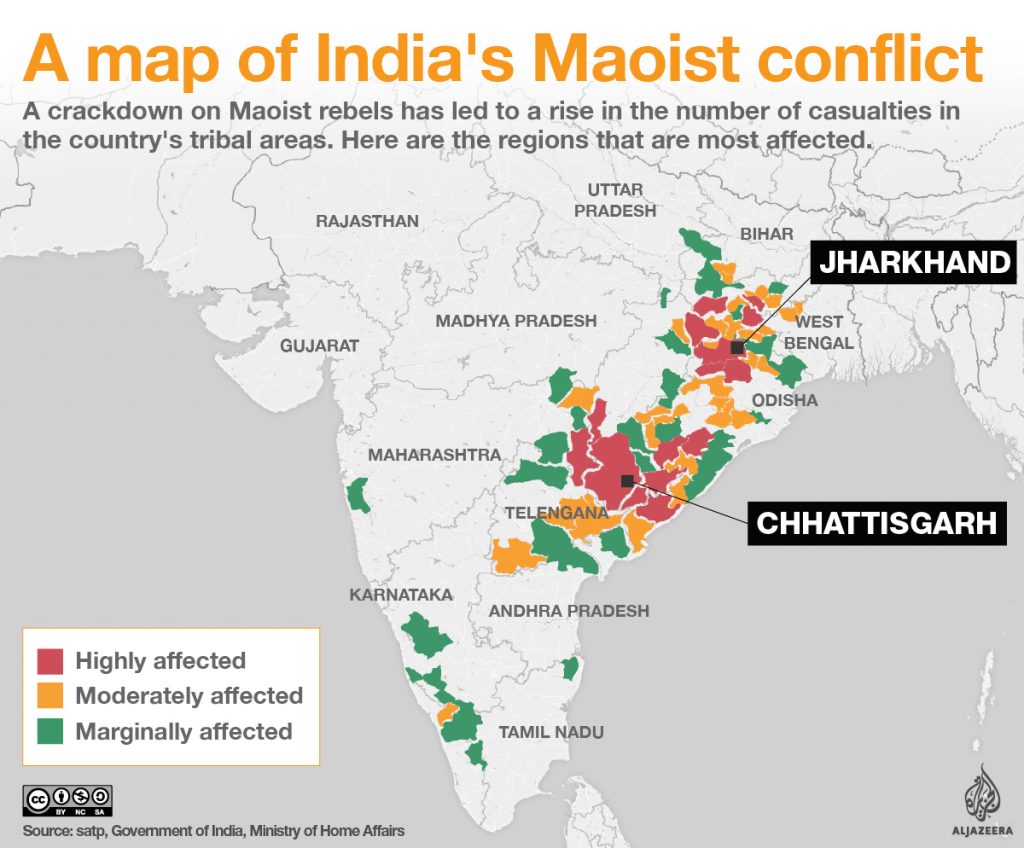
Guerilla Warfare
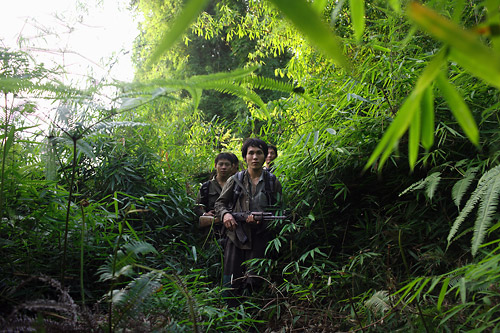
The Maoists rely upon dirty guerilla warfare tactics. Guerilla Warfare is a form of irregular warfare, which allows small mobile teams of combatants to leverage speed, surprise and knowledge of the terrain to wreak havoc on a larger, more trained and better-equipped troop body. Since traditional military/paramilitary organisations operate on the concept of force concentration (large, heavily armed bodies of men) Guerilla tactics were formed on the philosophy of force dispersion (small, agile teams of combatants). The Maoists thus incorporate the use of improvised weapons, booby traps, ambushes, hit and run tactics, raids and sabotage. Police and CRPF personnel deployed to counter Naxals often suffer casualties from surprise assaults and improvised explosives while patrolling dense jungles.
5 Phases Of Left Wing Extremism
- Preparatory Phase: This involves a detailed recce of new areas identifying eminent people, places to be attacked, and identifying public issues which may be leveraged politically by the CPI-M and other affiliated political organisations
- Perspective Phase: Mobilising Maoist front organisations, such as NGO’s, Students bodies, labour unions etc to demonstrate against recognised governments and administrative bodies
- Guerrilla Phase: Leveraging public dissent and organising it into violent uprisings
- Base Phase: The Maoists try and establish a Naxal stronghold, to maintain dominance
- Liberated Phase: The final phase is set to be accomplished once the Maoists establish a peoples government after overthrowing the established order.
JNU And Other Frontal Organisations
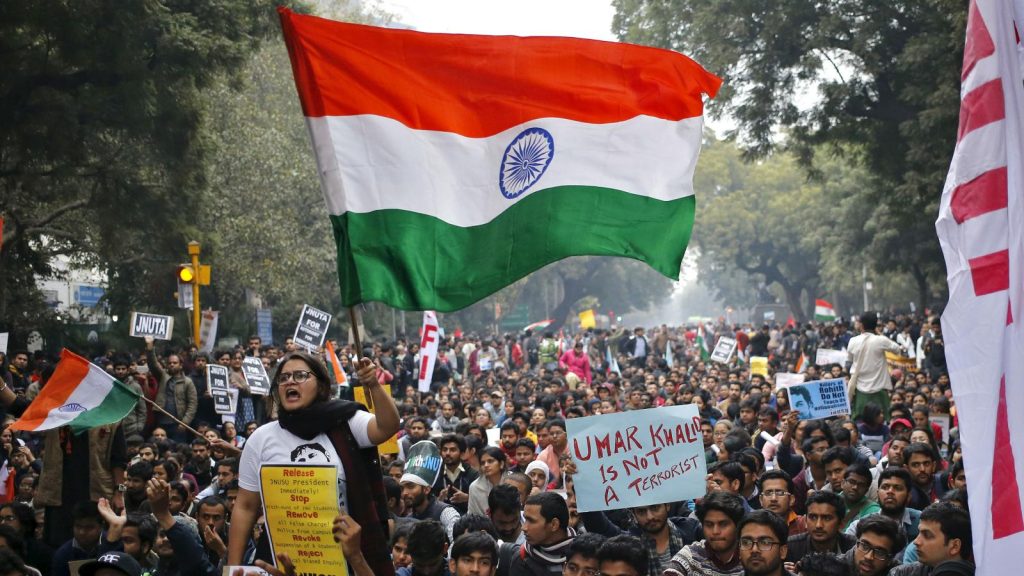
The Maoists do not rely solely on armed revolts to further their aims. They have sophisticated and deeply entrenched frontal organisations, designed to manipulate public perceptions. Bodies like the peoples Democratic Front of India, The Democratic Student Union and other student politics bodies operating in premier institutes like the Jawaharlal Nehru University (JNU) to cite oppression, preying upon public sentiments to garner public empathy towards their cause. Maoist organisations run several human rights NGO’s which often exaggerate instances of Police/security forces excesses. These are some of the most elaborate psychological operations in force by the Naxals.
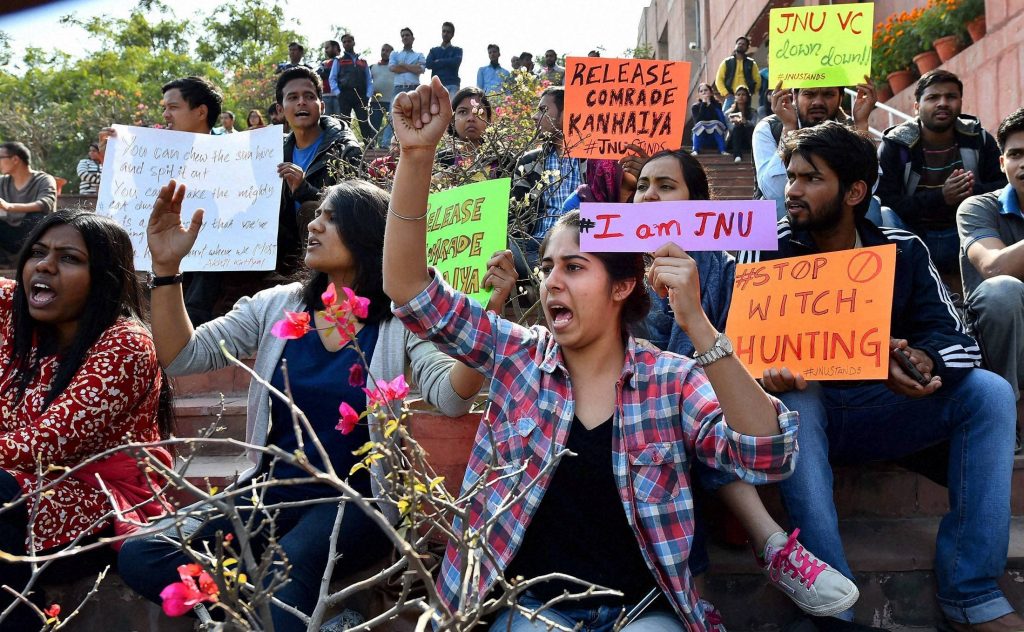
Reasons For The Continuing Prevalence Of Naxalism

The spread of any form of domestic rebellion is among other things largely associated with a lack of development in a state or district. The spread of Naxalism is directly correlated to abject poverty and lack of infrastructure. The lower the level of development initiatives and education, the easier it is to leverage the situation and recruit Naxal cadres. After metro cities like Mumbai and Delhi don’t face a Naxalite problem, however, districts deep in the hinterland have been facing such issues for decades.
The Way Forward
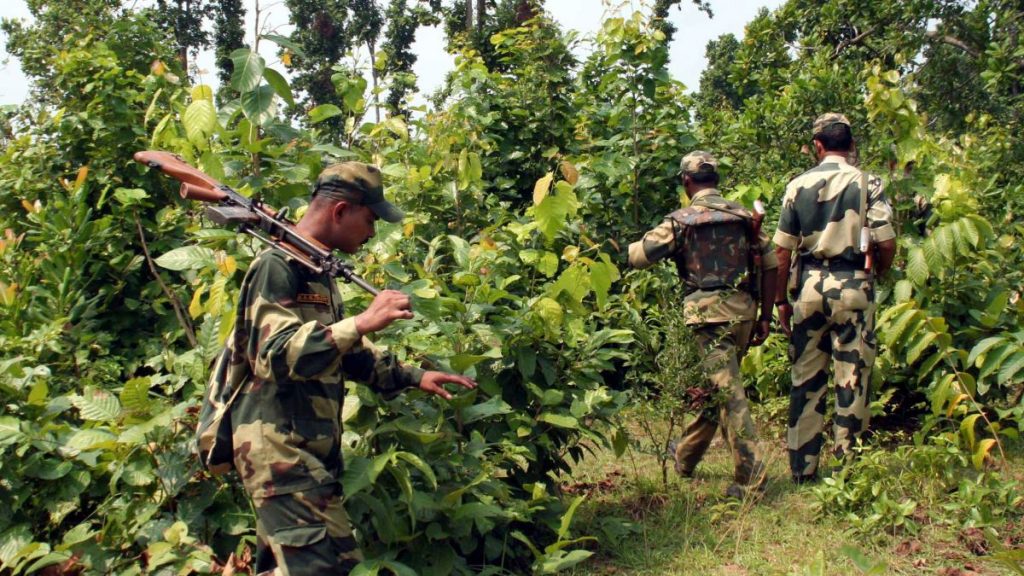
Along with a rigid security approach, development of infrastructure, civic action initiatives such as skill development and education of tribals are a requirement to counter this Naxalite menace, which has been prevailing for decades. Once the people feel empowered by the state, they will not fold to the narrative of taking up arms against the state. Therefore development is the premier counter-insurgency strategy.








